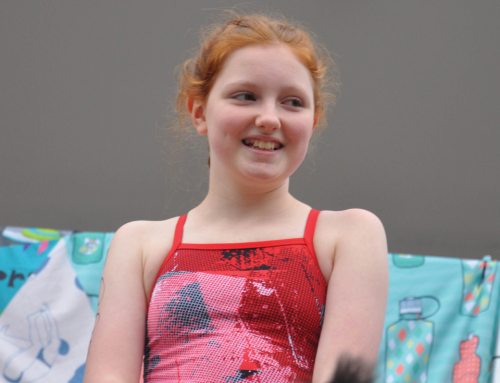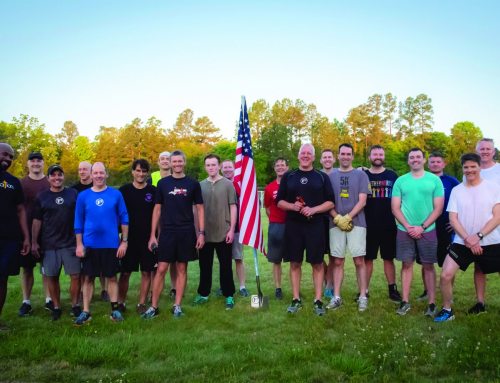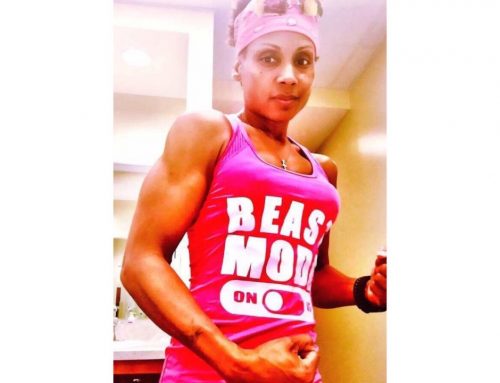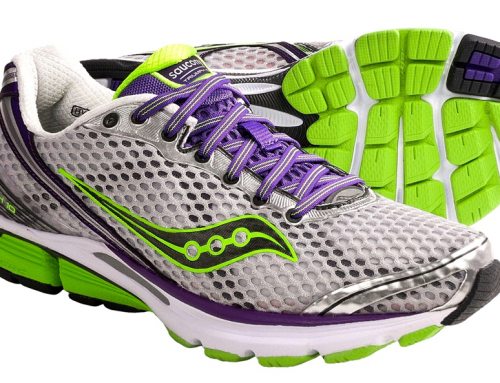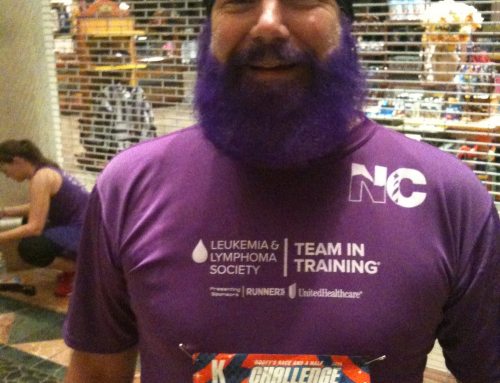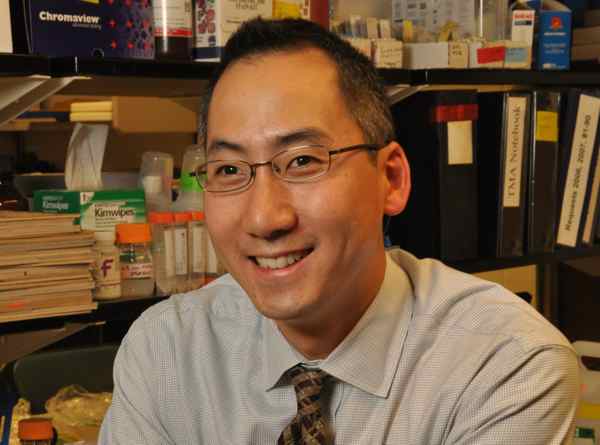
By Ellen de Graffenreid
Billy Kim, MD, got an email letting him know that UNC Lineberger will benefit from the 2011 Wachovia Tar Heel 10-miler and he didn’t hesitate for a minute, “I signed up right away.”
A doctor in the genito-urinary cancer program at UNC and a laboratory researcher at UNC’s Lineberger Comprehensive Cancer Center, Kim considers running to support cancer research just another form of the cross-training that keeps him busy most days of the week – on the roads around Chapel Hill, in the pool, and in UNC’s research labs and the N.C. Cancer Hospital’s clinics.
Kim grew up swimming, “I can’t even remember how early I started, but I recall loving it from the moment I could swim on my own” he says. He kept it up through college at Wesleyan University, where he was a Division III All-American middle-distance freestyler.
He started running at a young age as well, competing in both cross country and track throughout high school. He used these pursuits to stay in shape and manage the demands of medical school at Brown University, and through his residency training at Beth Israel Hospital and Harvard Medical School. He went on to complete a fellowship in hematology and oncology at Harvard’s Dana-Farber Cancer Institute and moved to UNC to take a faculty position in 2005.
At UNC, Kim specializes in treating patients with kidney cancer and the focus of his lab is to understand the molecular genetics that drive kidney cancer growth. Most recently, he received a University Cancer Research Fund Innovation Award to analyze kidney cancers at a molecular level and test how they respond to the current FDA-approved treatments.
The fundamental problem in cancer is that many of the treatments that kill cancer cells and save lives also hurt healthy cells – creating the toxic side effects that make cancer treatment really difficult for many patients. Kim – like many of his colleagues at UNC Lineberger – hopes his work can help change that.
“Our goal is to take what’s available to treat kidney cancer and through laboratory studies define a set of characteristics that predict which treatments will work best for a specific kidney cancer. Really, the ultimate goal is more personalized medicine,” he says.
A 2009 Damon Runyon Clinical Investigator Award winner – one of the very top awards in the country for young cancer researchers – Kim changes his research strategies to follow new scientific leads. Although he treats kidney cancer in the clinic, the work he does in his lab may eventually benefit people with bladder, prostate, or lung cancer.
It’s not surprising that this flexibility extends to cross-training. “When I moved to North Carolina from Boston I inherited an old road bike from my brother and started riding. Now I find it’s a pretty efficient way to get a workout during my commute, and I ride back and forth to work.” Riding got him interested in triathalons – since he already had the other pieces in place, and he completed the UNC Wellness Sprint Triathalon last year.
Kim, who lives in Chapel Hill with his wife – also a faculty member at the School of Medicine – and his two daughters says flexibility keeps him going. “Being willing to cross-train helps me fit in a workout, even if it’s just getting me to work and back.”
# # #
Ellen de Graffenreid is the Director of Communications and Marketing at UNC Lineberger Comprehensive Cancer Center. She has served in leadership positions in academic and health care marketing for a decade. A former distance swimmer, she ran her first half-marathon in 2010.


